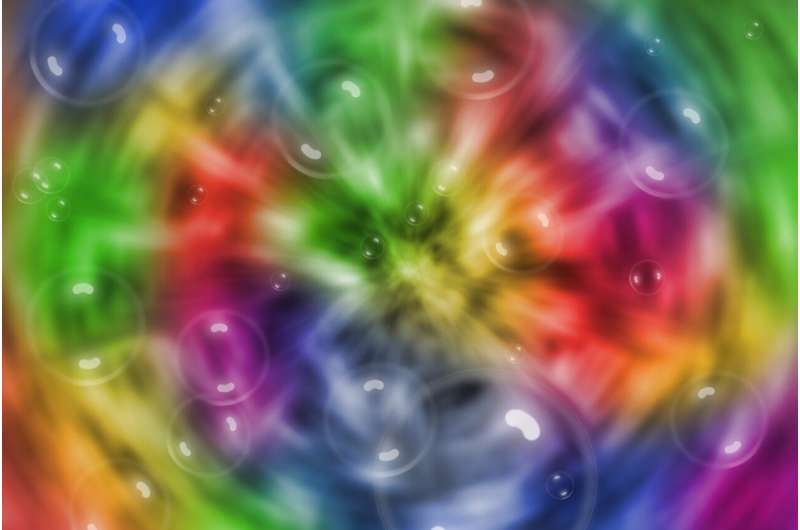When psychotropic medications are used as recreational drugs

Recreational, abused drugs (e.g., cannabinoids; cocaine; and MDMA/ecstasy) appear to increase dopaminergic signaling in the mesolimbic reward pathway which, in turn, reinforces the subjective rewarding, and euphoric effects of such molecules. Conversely, reduced dopaminergic transmission in the limbic system plays a role in drug craving; withdrawal; and relapse into compulsive drug intake. While for recreational drugs, the terms "misuse," "abuse," "dependence," and "addiction" are clearly defined, there is terminology confusion when referring to therapeutically prescribed drugs.
A range of prescribed medications are currently being used recreationally, typically at high-/super-high dosages, as new/novel psychoactive substances (NPS). Within both online drug forum communities and social networks, there are some educated/informed users (the "psychonauts") who are keen to "test" a range of molecules, including prescription psychotropics, to achieve specific mindsets. Their information is routinely being shared online, and vulnerable subjects, including both children/adolescents and psychiatric patients, may hence be at risk of accessing these "pro-drug" data.
When selected psychotropic medications are self-administered at mega—as opposed to therapeutic—dosage levels, the associated withdrawal, persistent post-withdrawal, and overall behavioral toxicity issues may be particularly relevant. Indeed, when tapering down a therapeutic-dosage antidepressant, symptoms most typically are both mild/go untreated, and resolve spontaneously. However, when high-/mega-dosage antidepressants, gabapentinoids, or benzodiazepines are discontinued, the intense withdrawal-related symptoms will always need proper, long-term specialist attention. In addition, the range of psychotropic intake-related behavioral toxicity syndromes, which are at times observed at therapeutic dosages, may include alterations in mood, perceptual, cognitive, and psychomotor functions, but also both "paradoxical" (e.g., increased anxiety and rage, as opposed to sedation, with benzodiazepines) and "pendular" (e.g., excessive/euphoric mood-lifting modifications with antidepressants) drug effects.
Increasing levels of access to the web over the past 15 years or so may have contributed to the current scenario of prescribed-drug misuse and abuse, with social networks having played a role in the aggressive marketing/distribution of prescription drugs from rogue websites. Authorization trials typically involve the administration of carefully controlled, daily limited, therapeutic dosages, and subjects with a current/previous history of drug misuse are excluded. Hence, the possible potential of molecules for abuse will be fully appreciated only when the real-world client population, involving vulnerable individuals, is exposed to it. Because of a likely post-marketing reporting bias (e.g., clinicians typically flagging only those molecules which have already been identified as at-risk for misuse and abuse), pharmacovigilance should identify a range of technical tools and approaches to go beyond voluntary reporting systems.
At high/very high dosage, a range of medications, including antidepressants, anti-psychotics, and gabapentinoids, can be self-administered as proper drugs of abuse. Physicians should be vigilant when prescribing drugs with an abuse/misuse/diversion potential and carefully evaluate the risk for some clients to be prone to ingest high-/mega-dosage medications, often in combination with alcohol and illicit drugs. Prescribers should hence be aware of the possibility of feigning psychiatric symptoms in order to obtain specific medications.
More information: Fabrizio Schifano. Coming Off Prescribed Psychotropic Medications: Insights from Their Use as Recreational Drugs, Psychotherapy and Psychosomatics (2020). DOI: 10.1159/000507897

















